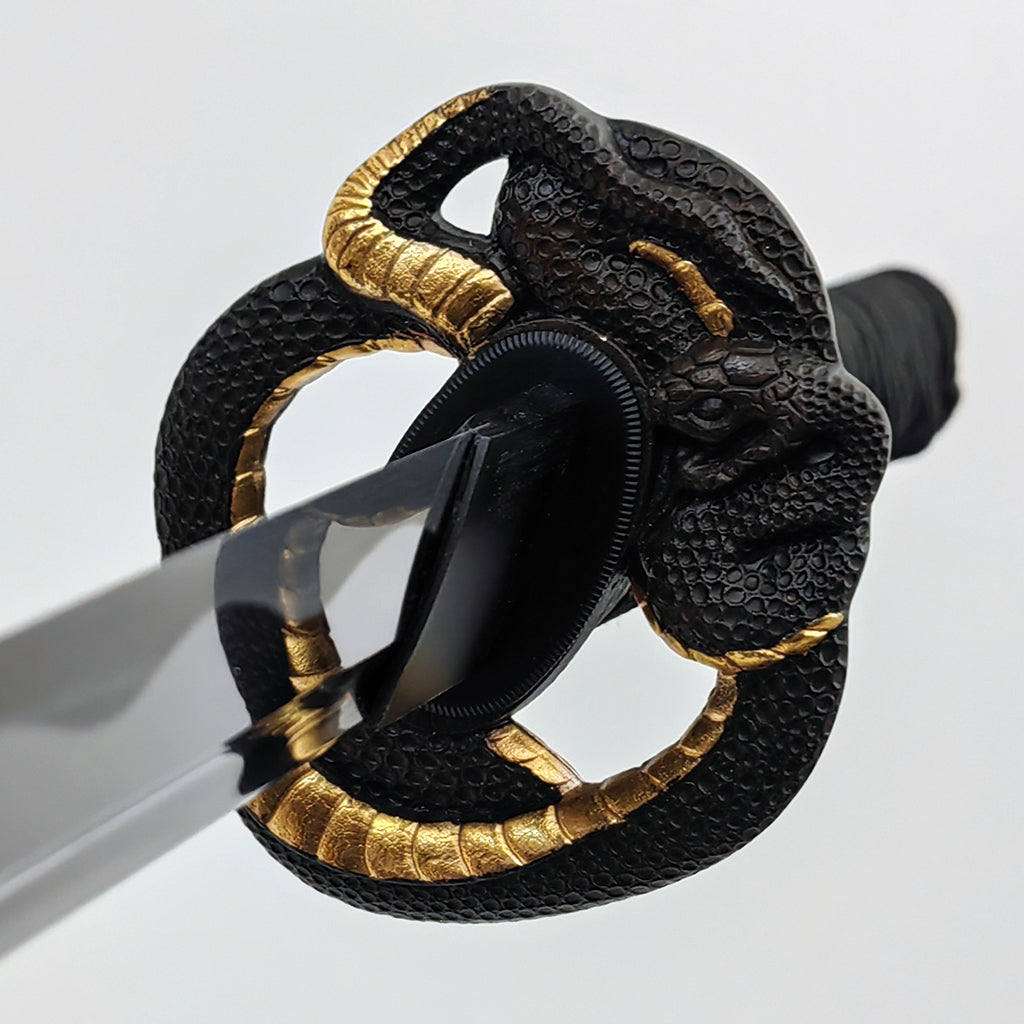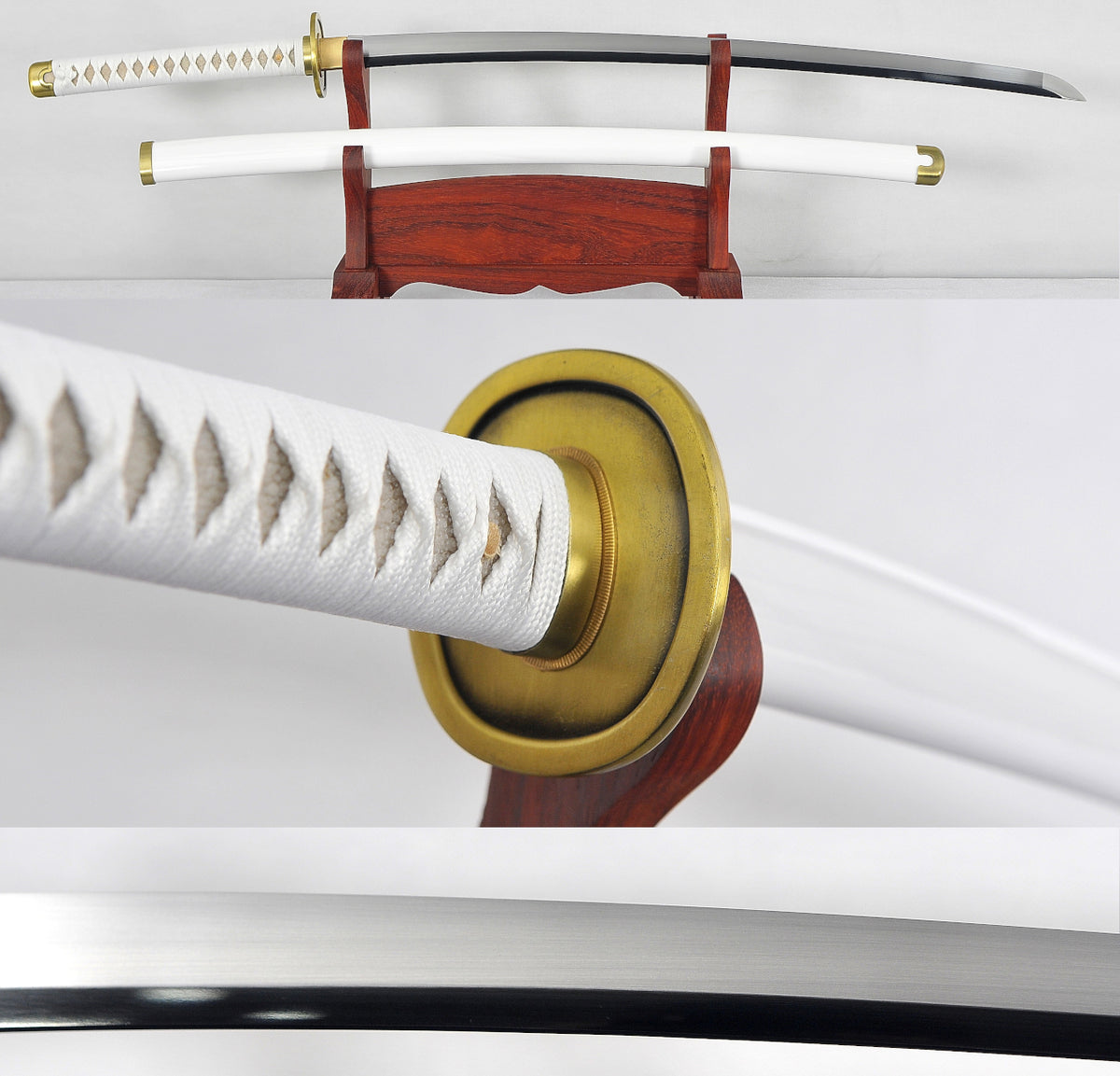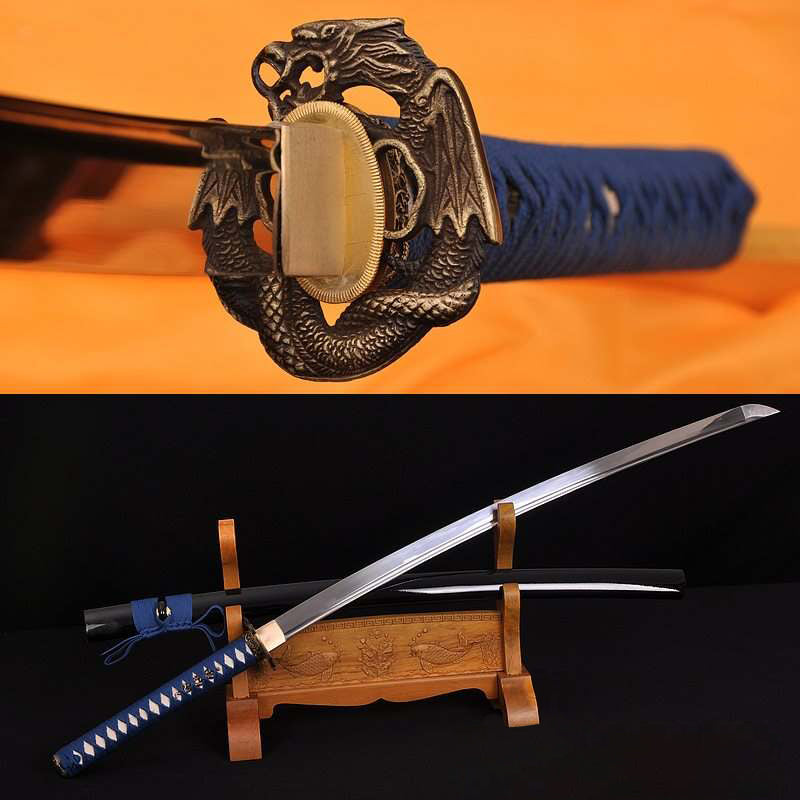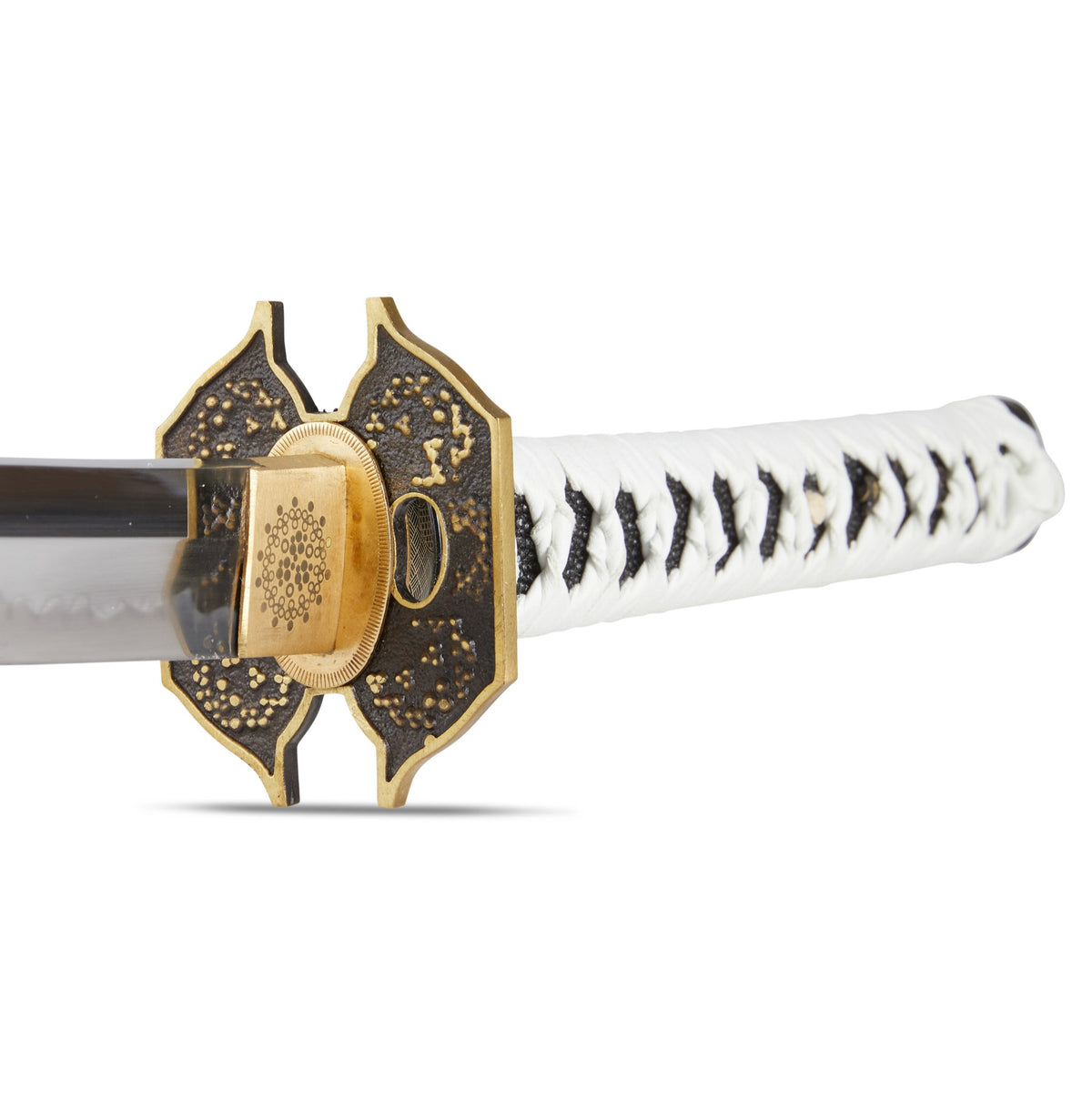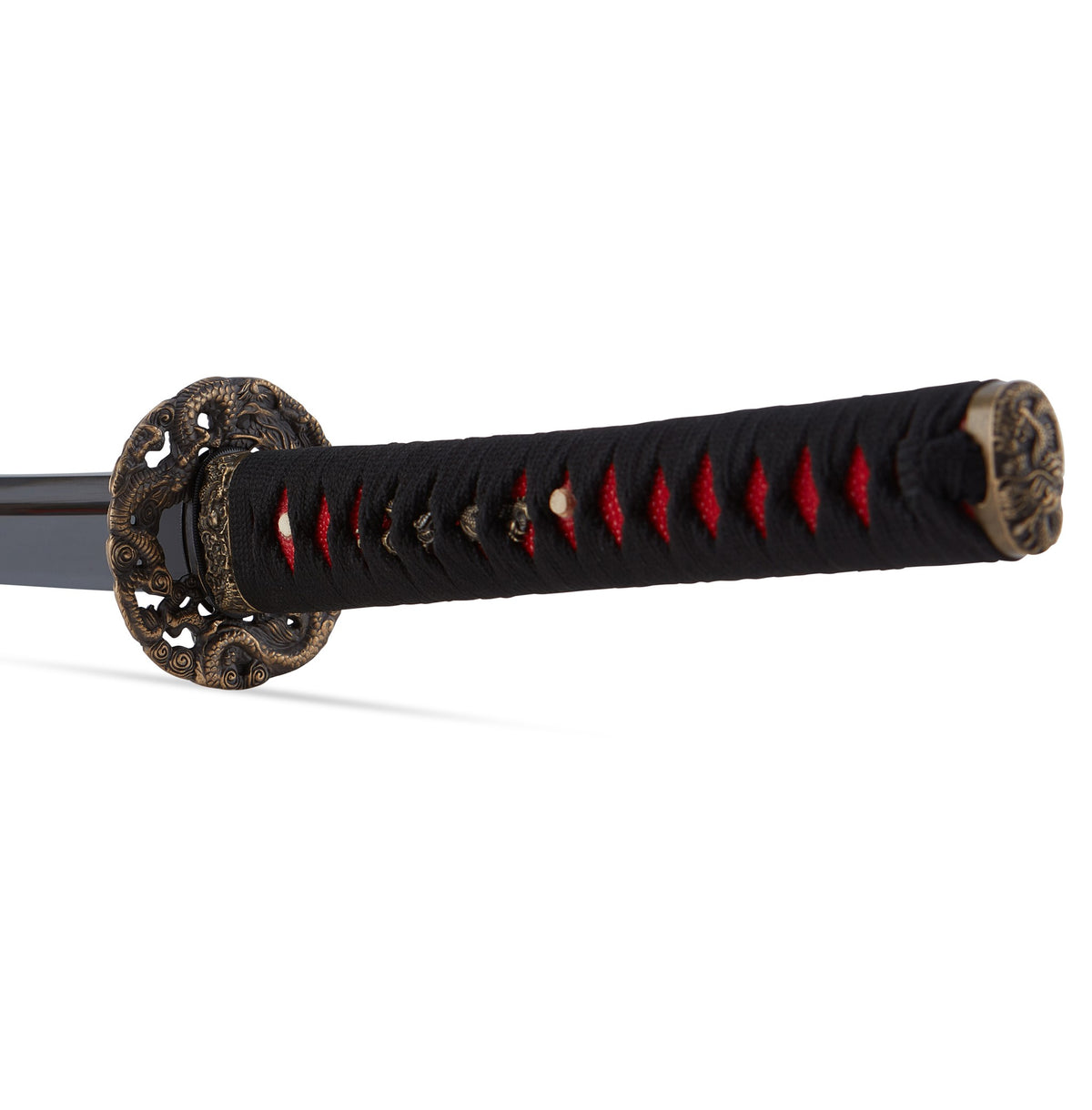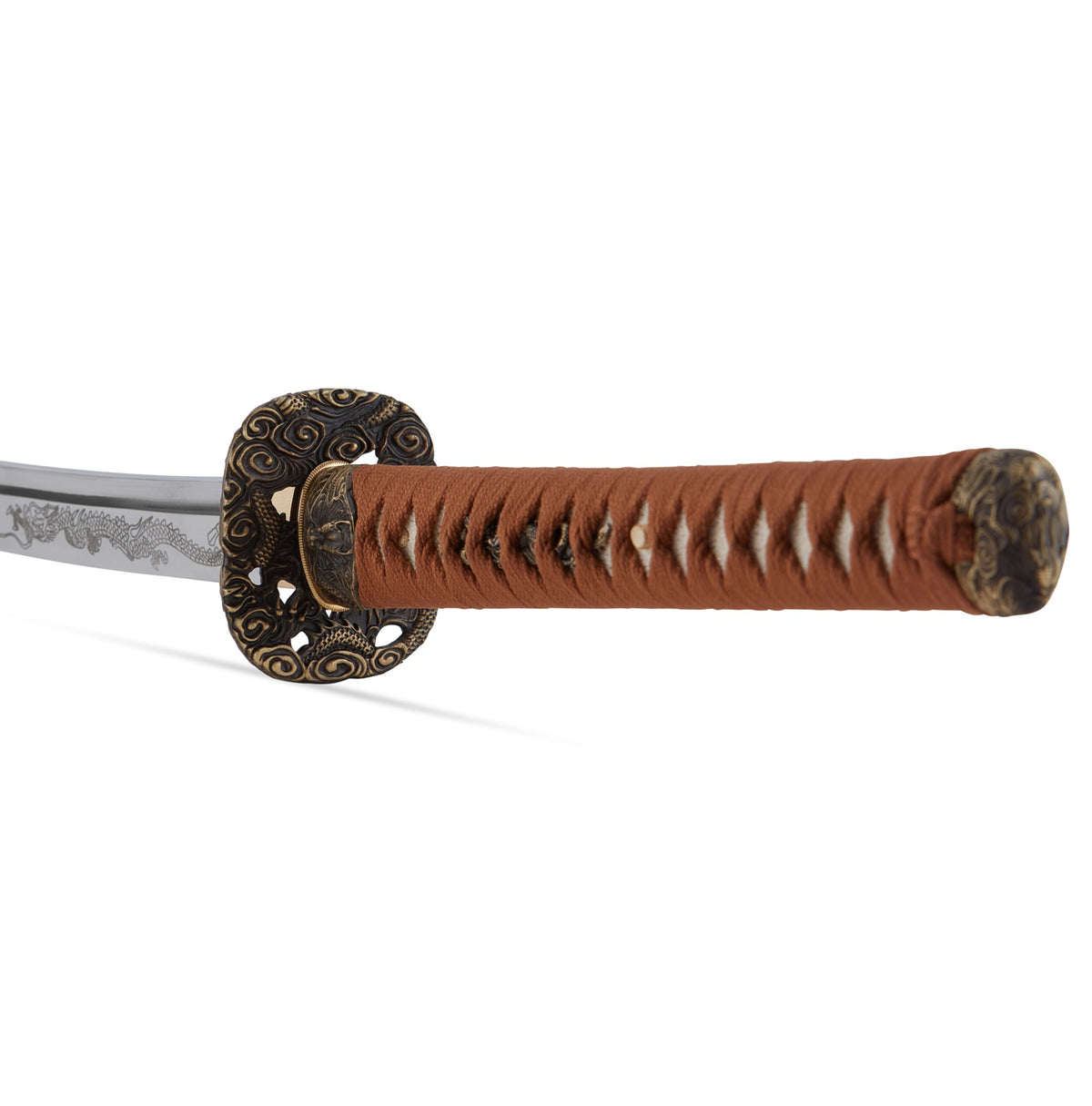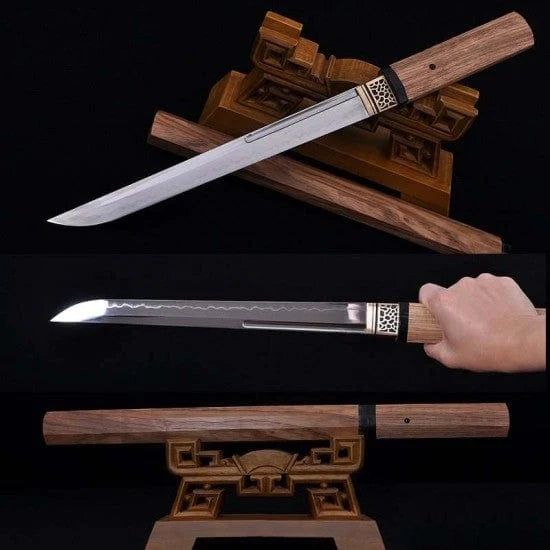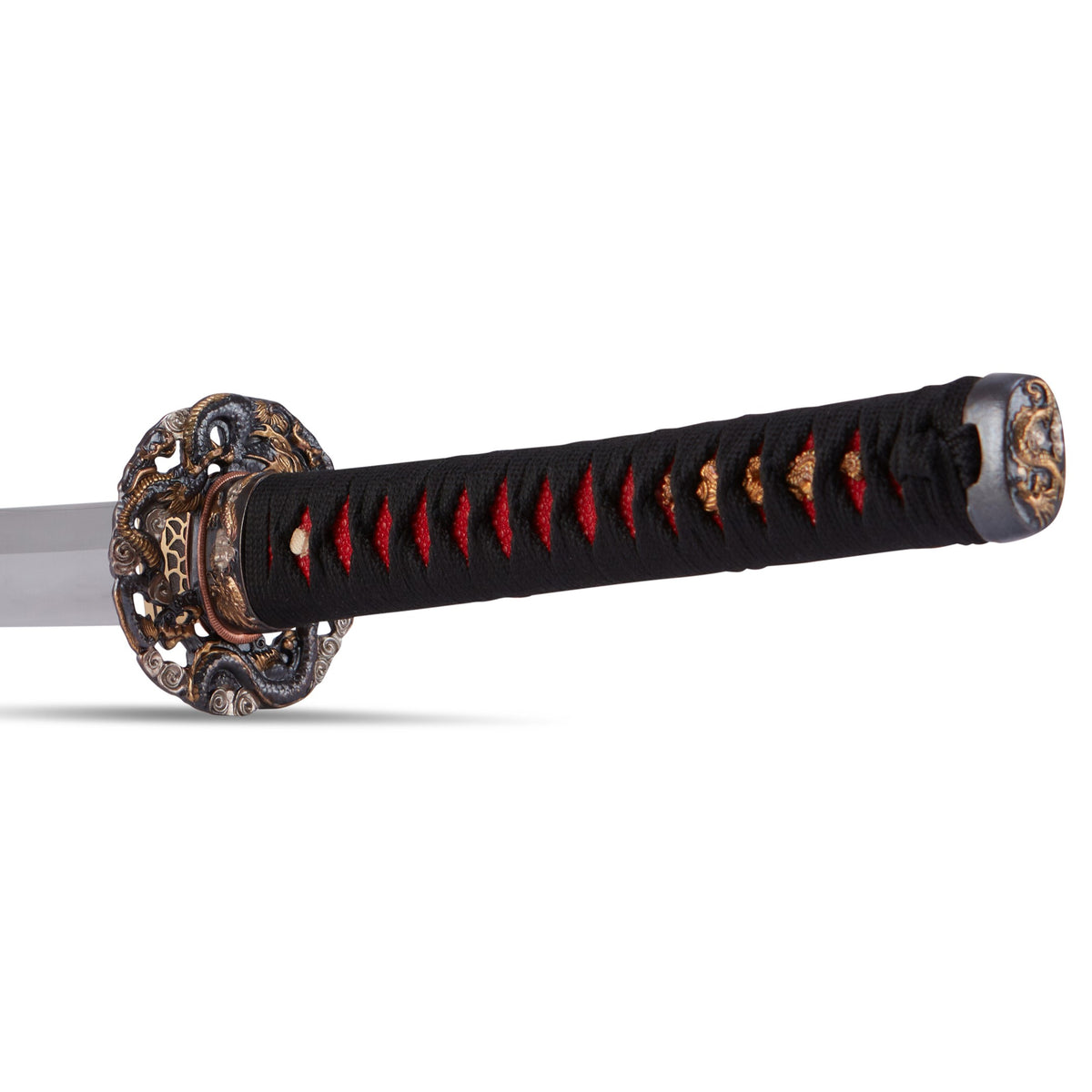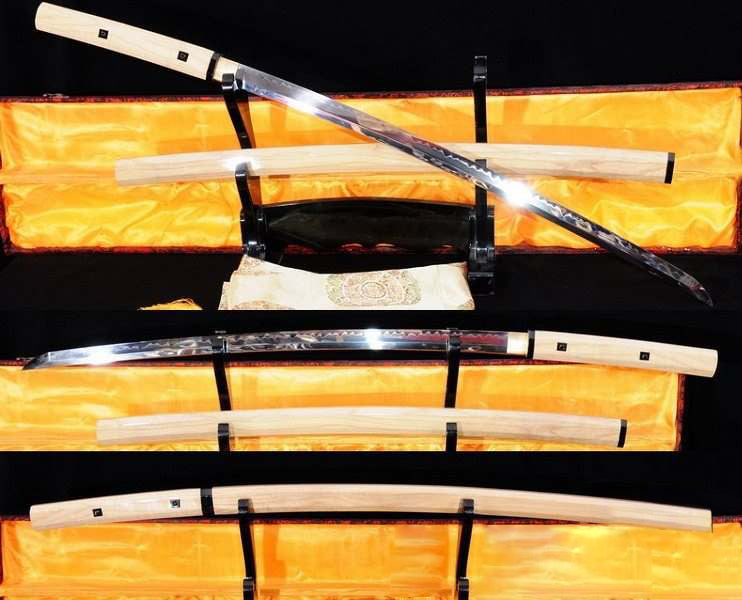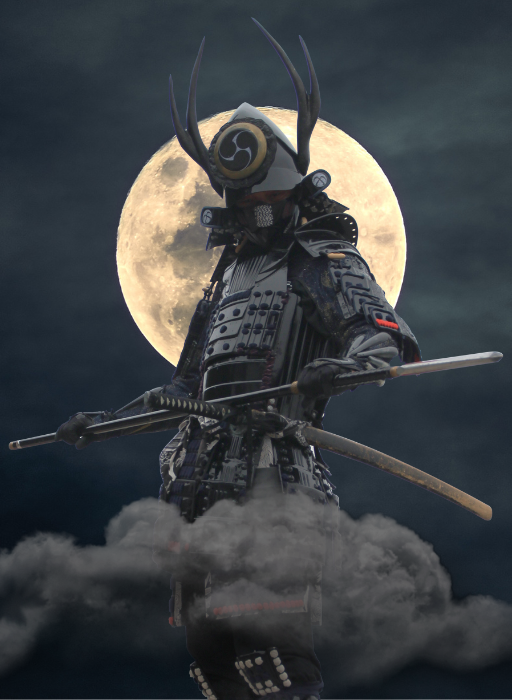The History of Damascus Steel

Damascus steel refers to the type of material used in a blade to give it a unique surface. There are two types of Damascus steels in forging: pattern-weld and wootz. A pattern-weld simply mimics the results of Damascus steel, while the wootz technique has been lost to time.
Many scientists have explored the origins and history of Damascus steel, striving to discover the reasons behind its legendary strength and sharpness. Learn more about when Damascus steel was invented and how this forging technique was lost.
What Is True Damascus Steel?
True Damascus steel hasn’t been forged in centuries. One scientist has revealed that it was a result of carbide nanowires and nanotubes present in the forged metal that was the secret behind the unusual strength and sharpness. However, nobody has been able to generate Damascus steel since around 1800 A.D.
When Damascus steel was invented, likely around Damascus, Syria, in 700 A.D., it resulted in an alloy that was both hard and flexible – the perfect material for forging swords and knives. In recent years, scientists have claimed to reproduce similar types of steel by exploring historical forging methods and examining preserved Damascus weapons under microscopic conditions.
Damascus Steel Through the Ages

The history of Damascus steel can be followed through the centuries by examining the remains left behind on various battlefields. Many people believe that Damascus steel swords were first used during the Crusades, as the Europeans fought opponents in the Mid-East. Legends grew around the blades, claiming they could cut a single hair as it fell to the ground or that they could chop through other blades without losing the sharpness of their edges. Many legends refer to Damascus steel weapons, holding them in the highest regard.
What’s In a Name?
The history of Damascus steel is full of holes, one of which is the origin of its name. Some people believe that the term refers to the origin of its forging in Damascus, Syria. Others claim that it relates to the Arabic word for water, damas, because of the turbulent, wavy patterns on the metal. Still, other stories tell of a swordsmith known as Damasqui that could be the inventor of the forging method that resulted in such a strong, durable alloy.
Where to Buy Damascus Steel
Now that you know a little of the history of Damascus steel, you know that it’s not available in any old shop. Since you can’t buy true Damascus steel unless you have an inside line on a museum or archeological dig, the closest you can get is pattern-welded steel that looks just like Damascus.
At Swords of Northshire, we have a large selection of Damascus steel weapons that are fully functional and battle-ready. Explore Chinese, Japanese, and European historical replicas made from modern Damascus steel here!
Best Sellers
- Regular Price
- from $199.99
- Sale Price
- from $199.99
- Regular Price
-
- Unit Price
- per
- Regular Price
- from $319.00
- Sale Price
- from $319.00
- Regular Price
-
- Unit Price
- per
- Regular Price
- from $219.00
- Sale Price
- from $219.00
- Regular Price
-
$0.00
- Unit Price
- per
- Regular Price
- from $649.00
- Sale Price
- from $649.00
- Regular Price
-
- Unit Price
- per
- Regular Price
- from $339.00
- Sale Price
- from $339.00
- Regular Price
-
- Unit Price
- per
- Regular Price
- from $269.00
- Sale Price
- from $269.00
- Regular Price
-
- Unit Price
- per
- Regular Price
- from $239.00
- Sale Price
- from $239.00
- Regular Price
-
- Unit Price
- per
- Regular Price
- from $359.00
- Sale Price
- from $359.00
- Regular Price
-
- Unit Price
- per
- Regular Price
- from $539.00
- Sale Price
- from $539.00
- Regular Price
-
- Unit Price
- per
- Regular Price
- from $384.00
- Sale Price
- from $384.00
- Regular Price
-
- Unit Price
- per
